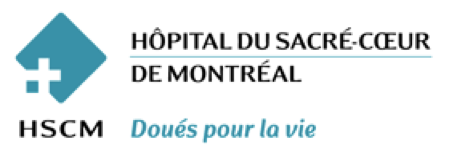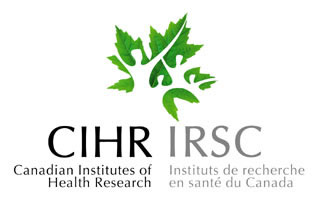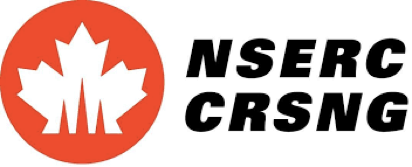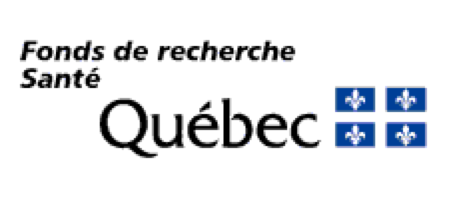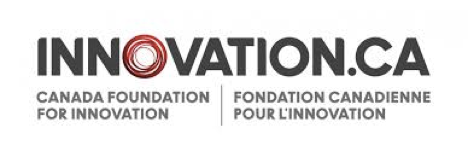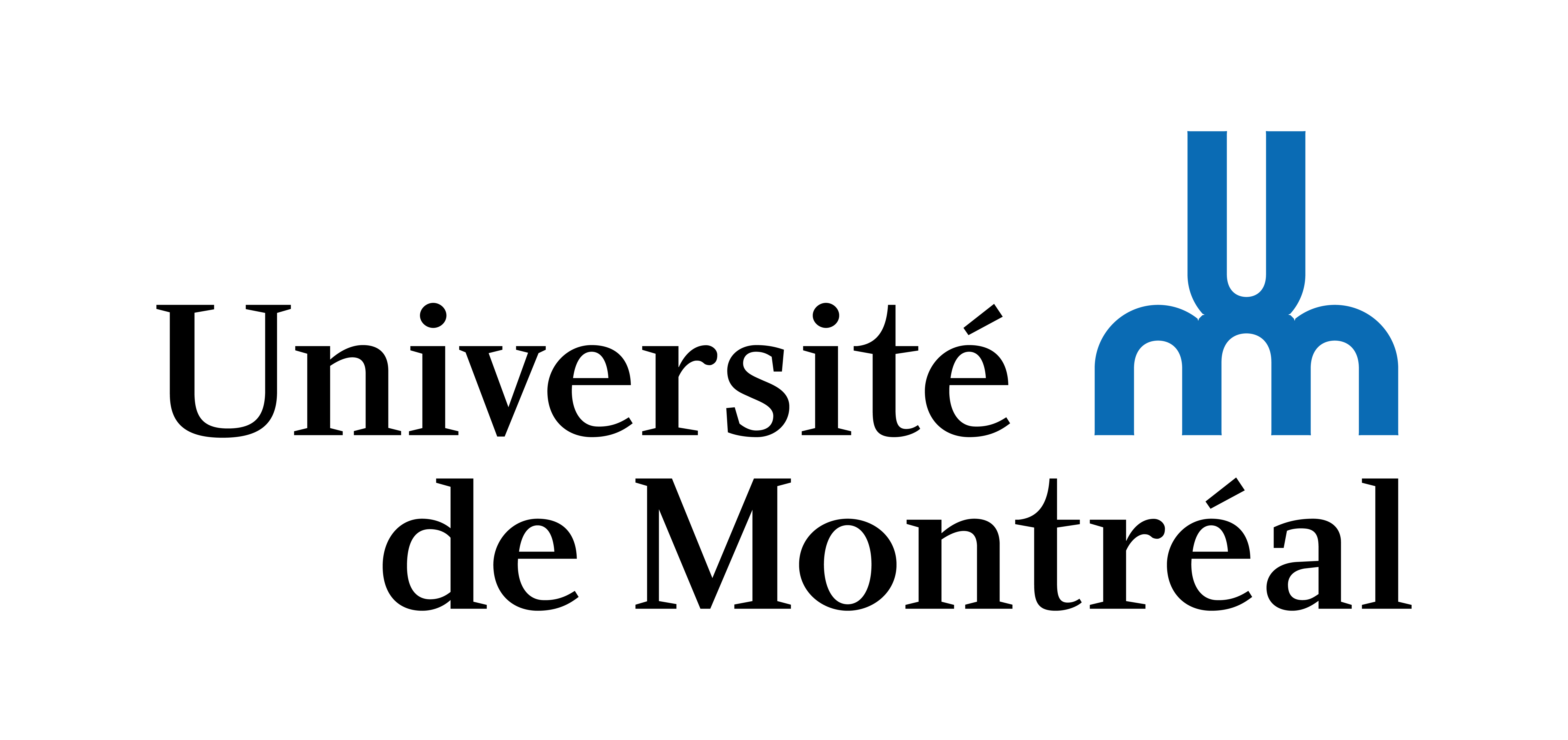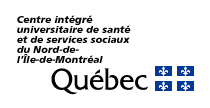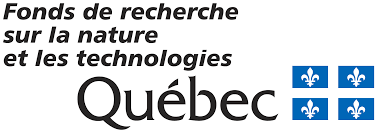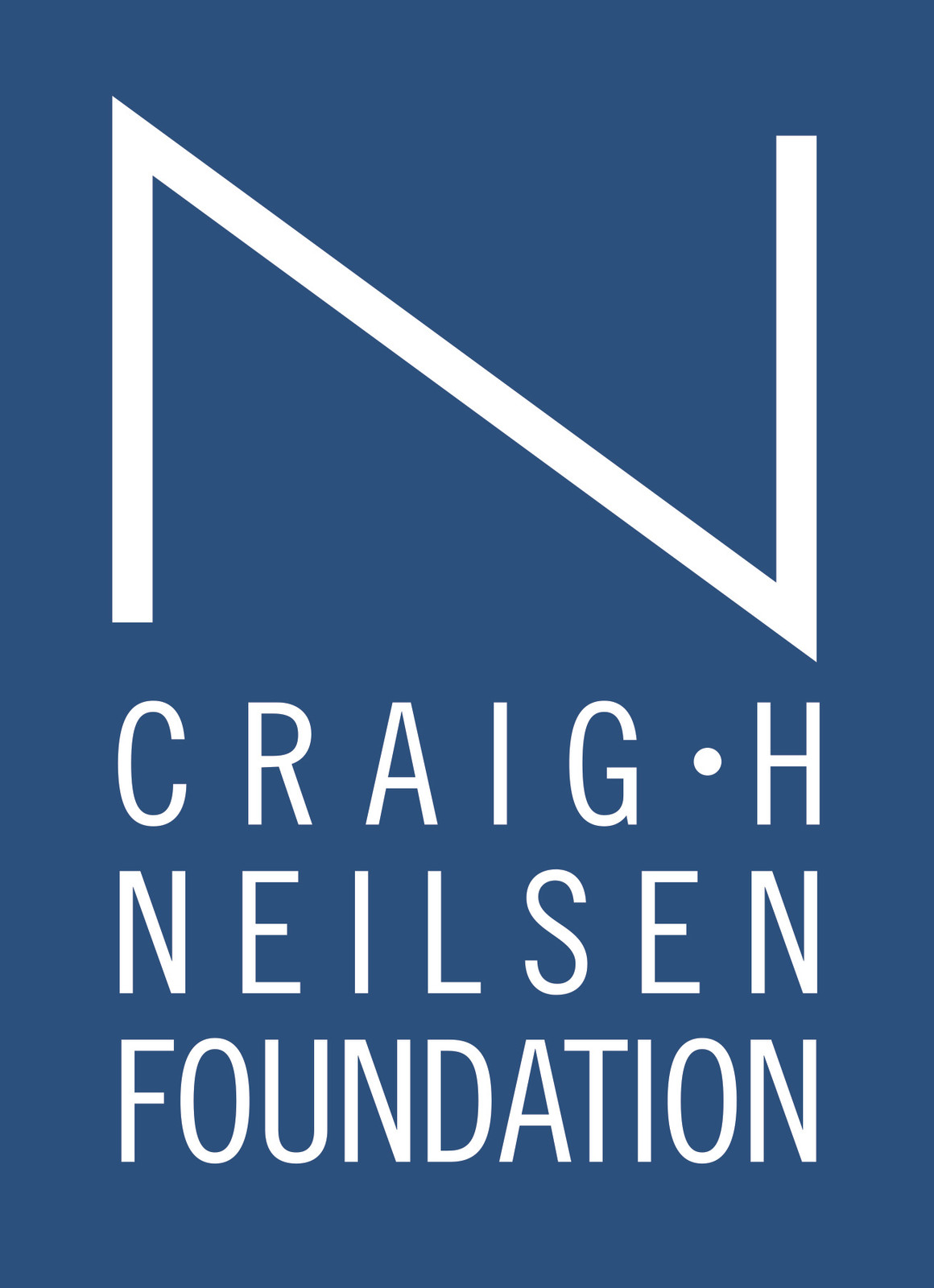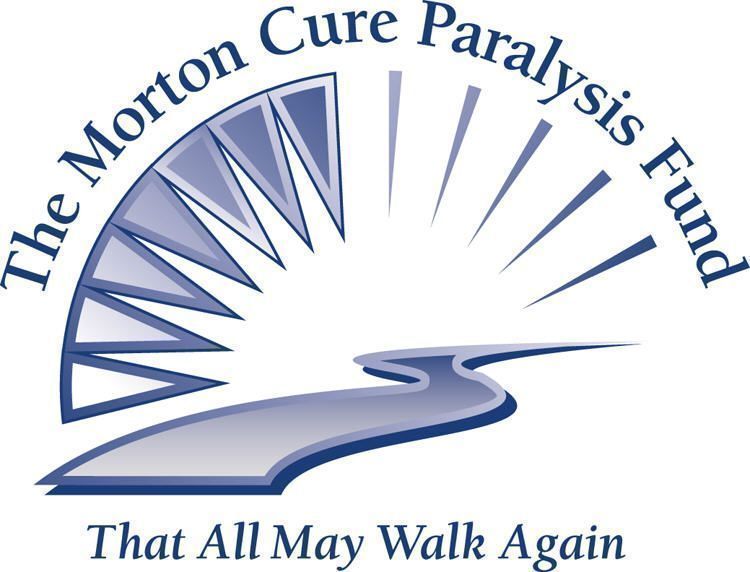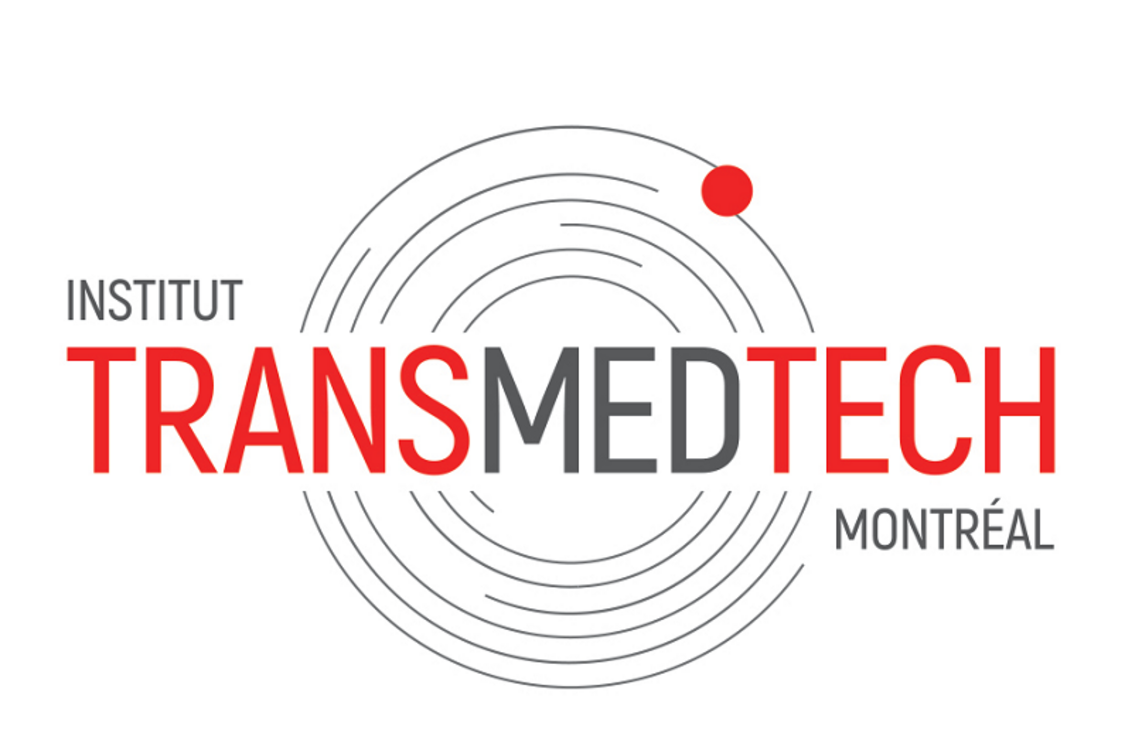
Hugo Delivet-Mongrain
Lab manager
Université de Montréal
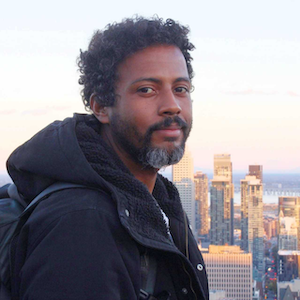
Isley de Jesus, PhD.
Postdoctoral fellow in Neuroscience
Université de Montréal

Roxanne Drainville
Master student in Neuroscience
Université de Montréal
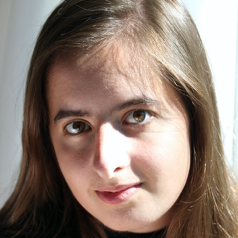
Anne-Catherine Chouinard
PhD student in Neuroscience
Université de Montréal

Willy Nguyen
PhD student in Neuroscience
Université de Montréal
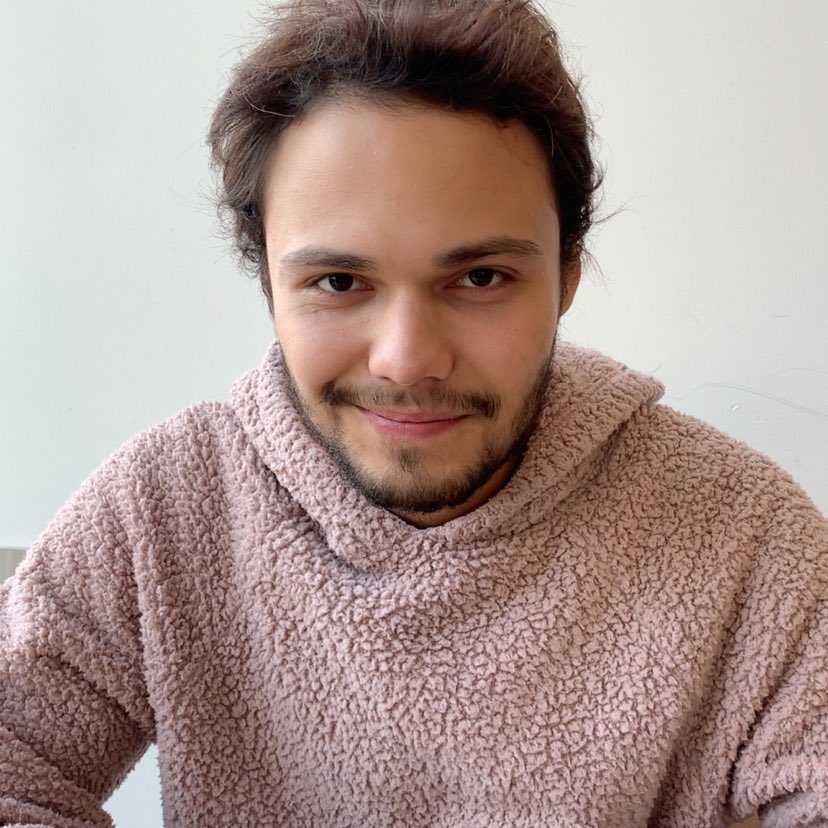
Ali Gharbienne
Master student in Neuroscience
Université de Montréal
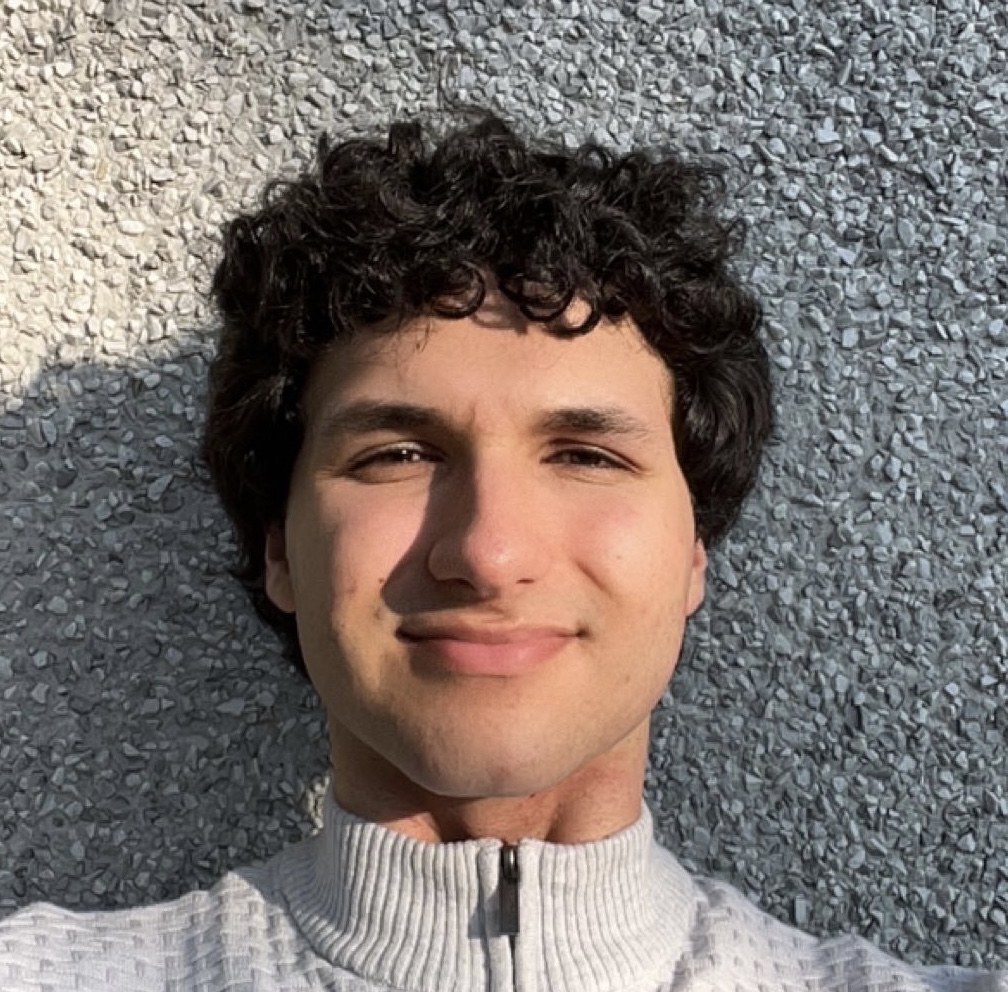
Rares Sirbu
BSc. student in Neuroscience
Université de Montréal

Fatima Mesref
BSc. student in Biomedical Sciences (Honors Program)
Université de Montréal

Léonie Jean
BSc. student in Neuroscience
Université de Montréal

Joumana Cherchali
BSc. student in Neuroscience
Université de Montréal
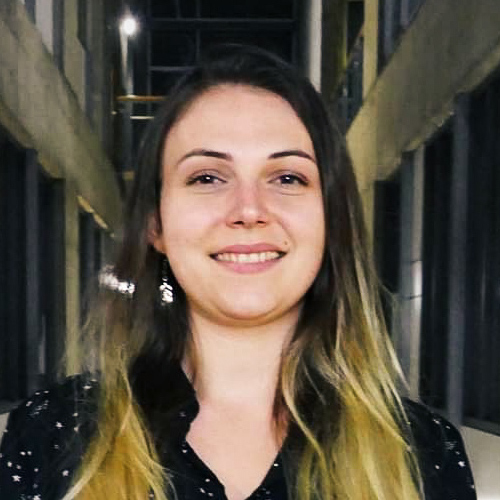
Ariane Evenat Dauphinais
BSc. student in Neuroscience
Université de Montréal

Anne Giroux
BSc. student in Neuroscience
Université de Montréal
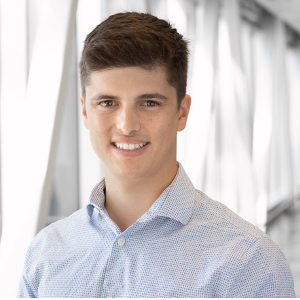
David Bergeron, PhD.
Postdoctoral fellow, Neurosurgery resident
Université de Montréal

Marco Bonizzato, PhD.
Postdoctoral fellow in Neuroscience
Université de Montréal

Emmanuelle Gagnon
BSc. student in Neuroscience
Université de Montréal
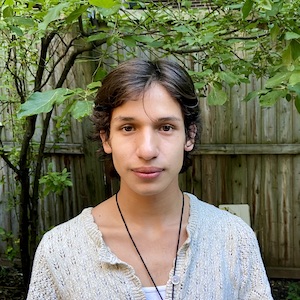
Luis Alejandro Gomez Rojas
BSc. student in Neuroscience
Université de Montréal

Léa Brodeur
BSc. student in Biomedical Sciences
Université de Montréal
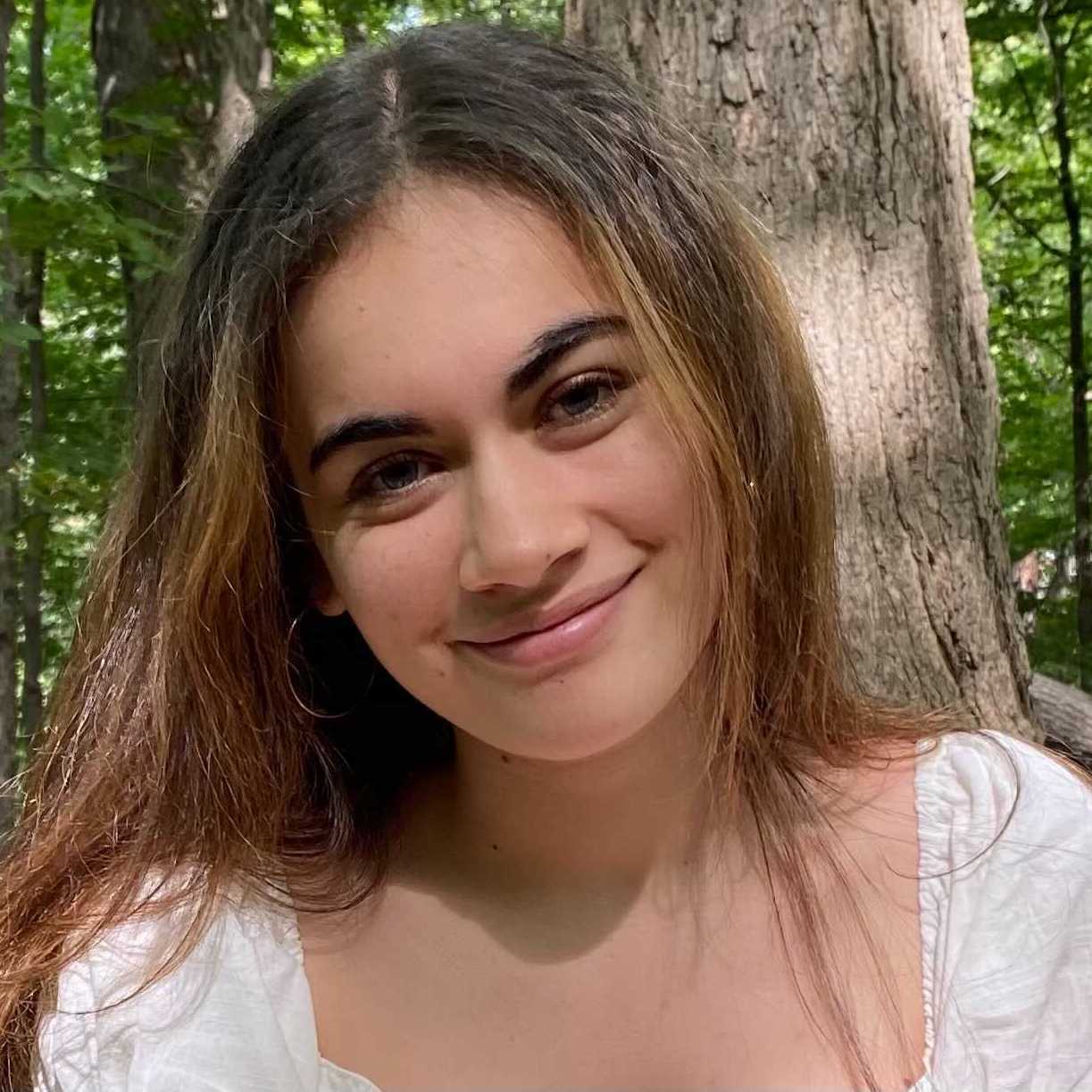
Sophie Brossard
BSc. student in Neuroscience
Université de Montréal
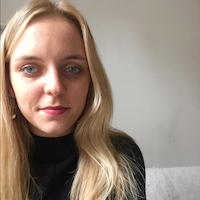
Morgane Regniez, MSc.
PhD student in Neurocience
Université de Montréal
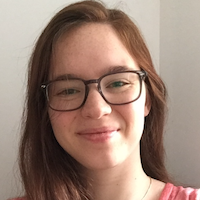
Maude Duguay, BSc.
Master student in Neuroscience
Université de Montréal

Alexandre Sheasby
BSc. student in Neuroscience
Université de Montréal
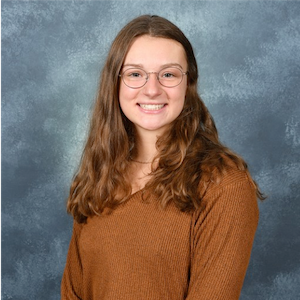
Charlie Lepitre
BSc. student in Biomedical Sciences
Université de Montréal
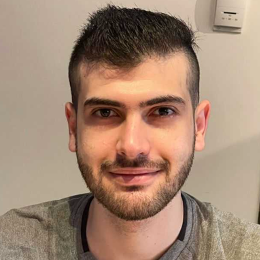
Mehdi Jawad
BSc. student in Biomedical Sciences
Université de Montréal
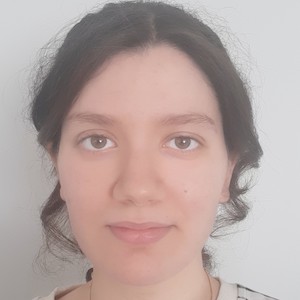
Rania Lejri
BSc. student in Biomedical Sciences
Université de Montréal
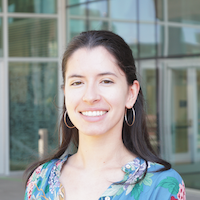
Catherine Landry
BSc. student in Cognitive Neuroscience (Honors Program)
Université de Montréal
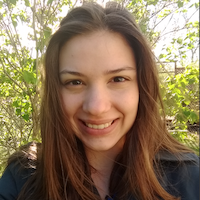
Véronique Chouinard
BSc. student in Neuroscience (Honors Program)
Université de Montréal

Elena Massai, MSc. Biomedical Engineering
PhD student in Neurocience
Université de Montréal
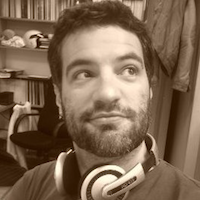
Maxime Delcour, PhD.
Postdoctoral fellow in Neuroscience
Université de Montréal
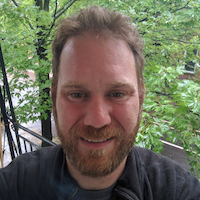
Andrew Brown, PhD.
Postdoctoral fellow in Neuroscience
Université de Montréal
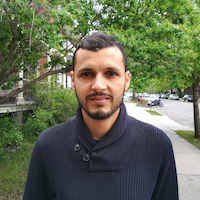
Zied Oueghlani, PhD.
Postdoctoral fellow in Neuroscience
Université de Montréal
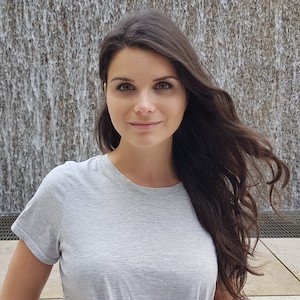
Emilie Delage
BSc. student in Psychology (Honors Program)
Université de Montréal
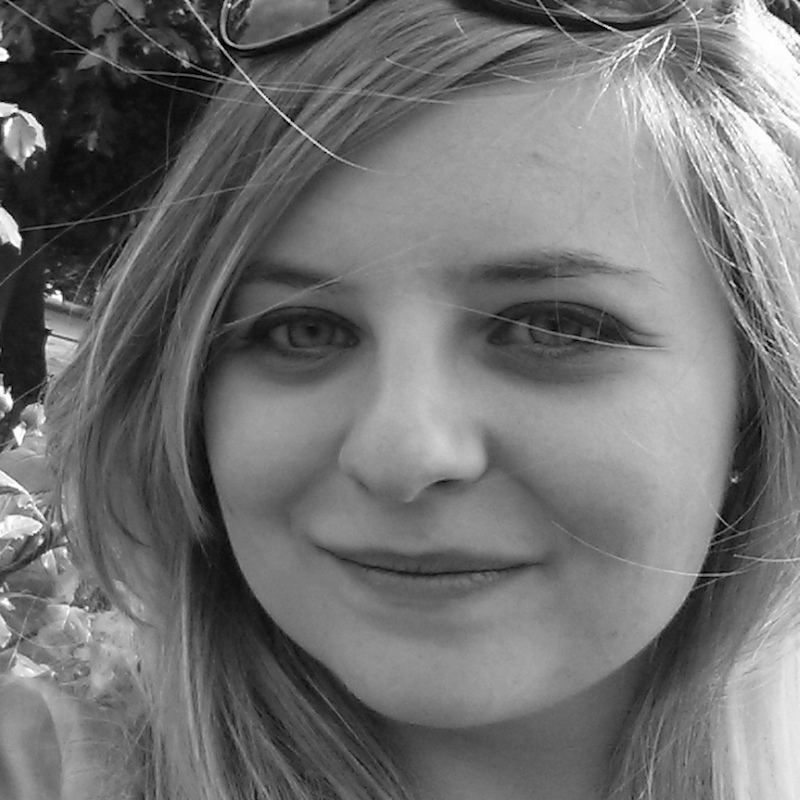
Ruxandra Rosca, BSc.
Master student in Neuroscience,
Exchange program with Université de Bordeaux

Rose Guay-Hottin
BSc. student in Cognitive Neuroscience (Honors Program)
Université de Montréal
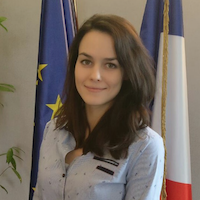
Inès Lacôte
Master student in Advanced Systems and Robotics
Exchange program with Sorbonne Université Faculté de Sciences, France
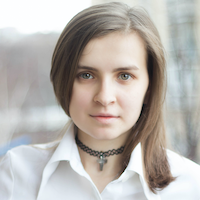
Uliana Kashchii
Medicine student
Exchange program with Donetsk National Medical University, Ukraine
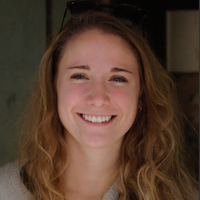
Juliette Milner
BSc. student in Psychology
Université de Montréal

Simon-Olivier Cloutier
BSc. student in Psychology
Université de Montréal
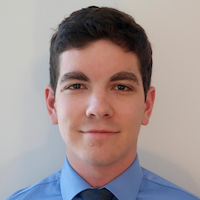
Simon Guichandut
BSc. in Engineering Physics
Ecole Polytechnique, Université de Montréal
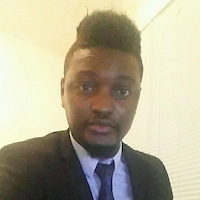
Patrick William Toki, BSc.
Master student in Biomedical Engineering
Ecole Polytechnique, Université de Montréal
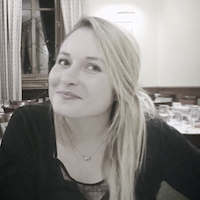
Aurélie Flaive, BSc.
Master student in Neuroscience
Exchange program with Université de Bordeaux
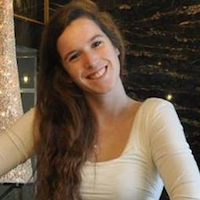
Stéphanie Langheit
BSc. student in Psychology
Université de Montréal
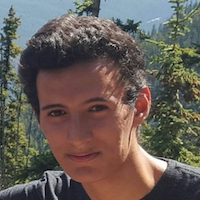
Yassine Bensaada
BSc. Honor student in Neuroscience
University of Calgary



